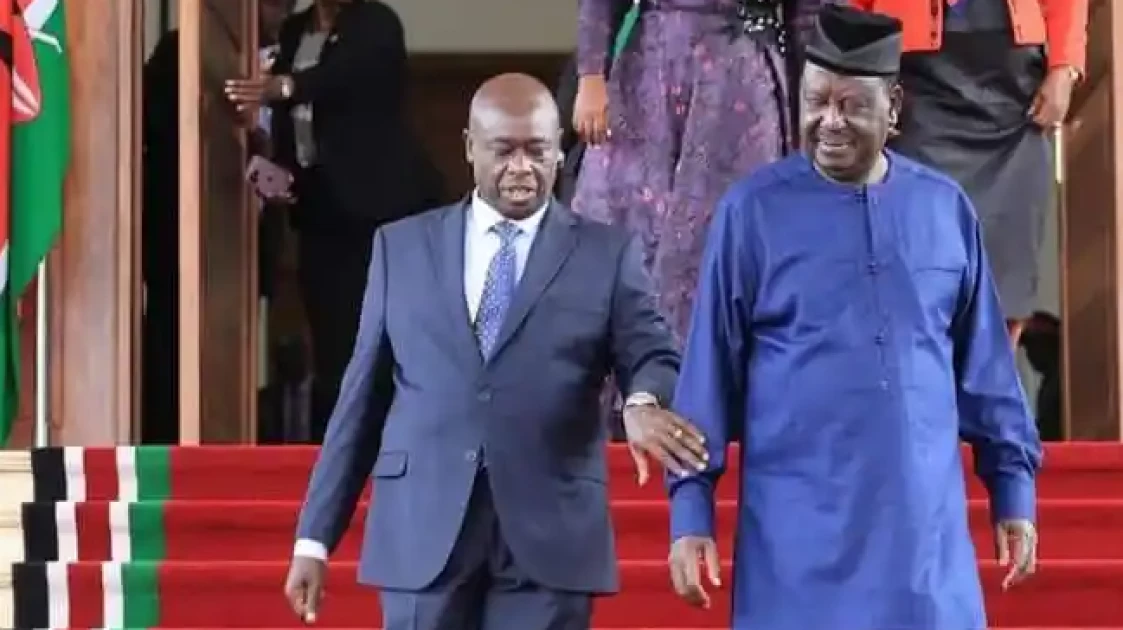
Just days after President William Ruto pledged that 20 per cent of all units under Kenya’s Affordable Housing Programme will go to teachers, a coalition of activists has moved to court to block the directive. They argue the commitment was made unilaterally, without public participation, and disproportionately favors a specific professional group over ordinary citizens.
The Contested Promise
At a high-profile event at State House, Ruto declared that teachers, who he says contribute roughly Ksh 900 million monthly to the housing levy, deserve priority in allocations. He pledged the arrangement would be enshrined in a Memorandum of Understanding (MoU) between the government and teacher unions.
But lawyers are now seeking a court order to prevent implementation of this directive, calling it unconstitutional and discriminatory. They assert it sidesteps due legislative processes and marginalizes other sections of society who also contribute to state coffers.
Grounds of Petition: Fairness, Participation, and Equality
In their petition, the activists argue:
- Lack of public participation: The pledge was made without input from stakeholders and citizens, violating constitutional principles of inclusivity.
- Unfair exclusion: Reserving 20 per cent for one profession creates special privileges not available to others, potentially violating rights to equality.
- Absence of legal backing: The directive was delivered by political proclamation rather than through established statute or regulation.
- Risk of arbitrariness: Without clear criteria, the allocation may be manipulated or used for political reward.
They demand the court restrain government agents from enforcing the pledge pending full hearing and compel Parliament to draft a regulation governing affordable housing that reflects fairness and transparency.
Political and Legal Flashpoints
This showdown arrives at a tense political moment. On one hand, Ruto’s promise was intended to solidify goodwill among teachers, a key voting bloc. On the other hand, the legal challenge raises foundational questions about presidential overreach and allocation of public goods.
Opponents and analysts warn that if the courts side with the activists, it could set a precedent limiting future executive pledges without parliamentary or regulatory backing. Proponents argue that showing respect to contributing teachers strengthens social contracts.






